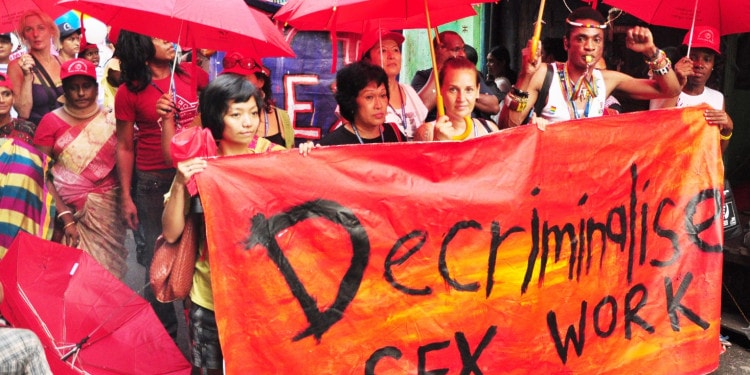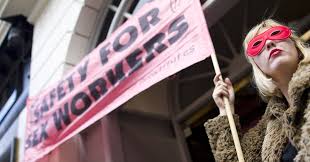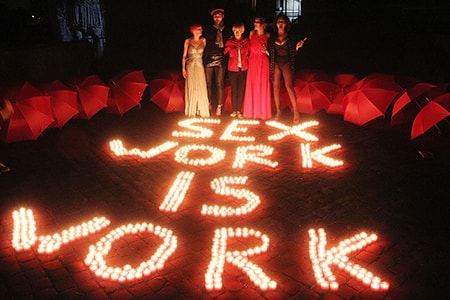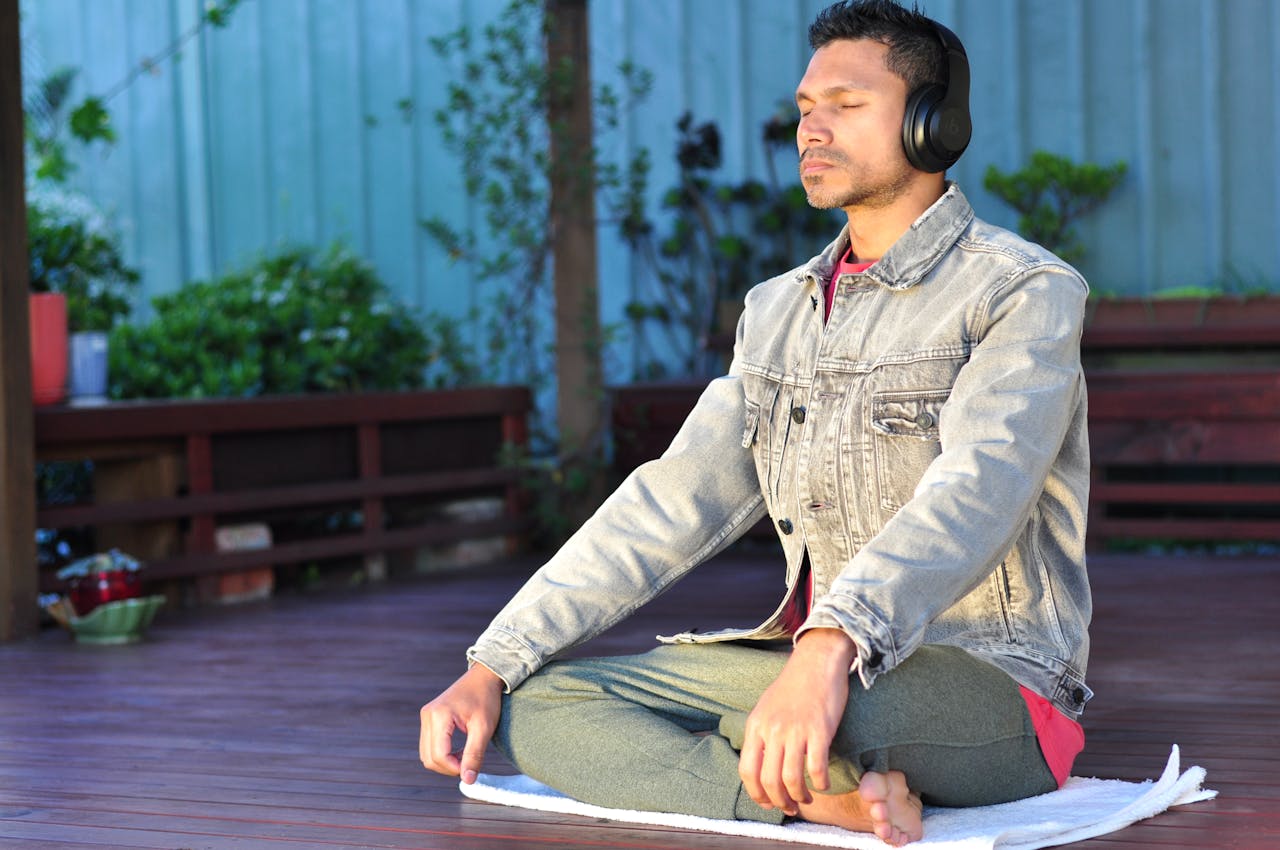Sex work is often seen as a social taboo, despite the fact that there are many millions of adults engaged in consensual sex work globally. There is an active conversation happening among international organizations and national government bodies about whether sex work should be criminalized. The ultimate end goal being either abolishing the practice altogether, or if adult sex work should be treated as a legitimate vocation with the same number of rights and rules that come along with any sanctioned job.
Sex workers are defined as “female, male and transgender adults aged over 18 years who sell consensual sexual services in return for cash or payment in kind, and who may sell sex formally or informally, regularly or occasionally” (UNAIDS, 2011). This definition is broad and covers many different categories of sex work, such as street-based, brothel-based, home-based, phone-based, and many more. While it is true that many people turn to sex work as a last resort, sex work is, by definition, a consensual form of earning income.
Related Article: “TECHNOLOGY: AN AGENT OF CHANGE FOR WOMEN IN DEVELOPING AREAS“
Decriminalization of sex work refers to the “removal of all criminal laws relating to the operation of the sex industry” (Bay Area Sex Worker Advocacy Network). Legalization of sex work goes a step further by providing a legal framework within which the various sectors of the sex industry must operate. In a 2015 report, Amnesty International argued that legalization could lead to a “two tier system” in which sex workers who operate outside of the imposed legal framework are still criminalized. Decriminalization, on the other hand, gives sex workers more independence to control where, when and how they see clients.
Photo Credit: AFP/Getty Images
Countries around the world have different perspectives on sex work, including being illegal, decriminalized, and legal. In 2012, it was reported that sex work was illegal and criminalized in 116 countries. In some countries, sex work is not only criminalized but sex workers are also denied the rights other citizens enjoy, such as owning property, accessing public education, healthcare, banking services or purchasing utilities. Because the laws around sex work are often unclear, there have been countless cases of sex workers being imprisoned unjustly or intimidated and abused by police.
Some countries, such as Norway, Iceland, and Canada, have adopted the Swedish Model within their legal framework for sex work. The Swedish Model makes it legal for sex workers to offer services, but illegal for people to buy services or facilitate sex work, such as run a brothel or manage a sex worker. In other words, purchasing or facilitating sex work is criminalized, but selling sex work isn’t. The goals of this model are to end sex work by destroying the demand for it, and treat sex workers as victims rather than criminals. Many sex workers have spoken out against this model of halfway decriminalizing sex work because it pushes sex work underground in order to keep customers out of trouble. As a result, sex workers have to keep their work secret and have less access to health services, condoms, and a safe space within which to operate.
In the Netherlands, where voluntary sex work is legal, the primary goal of Dutch policy is to regulate the sex industry in order to prevent human trafficking and “give sex workers the same rights and protections as other professionals” (Dutch Ministry of Foreign Affairs). Unlike many countries that conflate sex work with human trafficking, the legal framework in the Netherlands recognizes the choice of opting in to sex work, and therefore lets sex workers have a public voice and a better chance of avoiding dangerous situations such as violence, trafficking, and health risks. In the Netherlands, sex workers pay taxes on their income and generally work in clean conditions with provisions for their safety.
Photo Credit: Marco Ravagli / Barcroft Media via Getty Images
Sex workers are known to be a vulnerable population and are considered a high-risk group for HIV transmission. In fact, studies have shown that the HIV prevalence is approximately 12 times greater among sex workers than in the general population in countries where data is available. Criminalization and other punitive laws around sex work have been shown to increase the risk of HIV transmission and create stigma. In fact, many sex workers don’t carry condoms because this form of protection can be used against them as evidence of sex work and they may be fined or jailed. A recent Lancet article states that decriminalizing sex work could prevent 33-46% of new HIV infections in sex workers and their clients because of the positive effects decriminalization would have on violence reduction, increasing safety, and better policing.
While sex work carries clear threats to physical health, the psychological impact of sex work has the potential to be just as damaging. It’s not difficult to imagine the amount of stress and emotional pain a person may experience if they are somehow violated and can’t ask for help or support. There has been little research done on the mental health of sex workers around the world, but the few studies that do exist indicate high levels of psychological distress. A 2007 study in China, where sex work is illegal, found that 14% of female sex workers had contemplated and 8% had attempted suicide in the preceding 6 months. In countries where sex work is criminalized, people who engage in sex work and are experiencing psychological distress will have a much harder time reaching out for help.
Research shows that 45% to 75% of sex workers have experienced violence in the workplace. In fact, the occurrence of physical violence, which includes homicide and rape, is higher among street-based sex workers than any other population of women globally. In countries where sex work is criminalized, sex workers cannot report the violence or rape they have experienced for fear of further abuse or imprisonment. Sex workers who may be exploited by customers, brothel owners or pimps are not able to defend themselves by calling the police or finding a lawyer.
Stigma is a powerful tool to make people hide, or stay quiet when they experience an injustice. As a result, there are disproportionately low numbers of civil society groups comprised of sex workers and allies who advocate for the human rights and access to services that sex workers need and deserve. The Global Network of Sex Work Projects (NSWP) is an example of an organization that advocates for the empowerment of sex workers and abides by three main values: “Acceptance of sex work as work, opposition to all forms of criminalisation and other legal oppression of sex work, and supporting self-organization and self-determination of sex workers.” In 2015, Amnesty International aligned itself with these sentiments by voting to support the full decriminalization of consensual sex work, from both buyers and sellers, globally. Amnesty International argued that there is “no evidence to suggest that decriminalization results in more trafficking,” but rather, “When sex work is decriminalized, sex workers are better able work together and demand their rights, leading to better working conditions and greater oversight of commercial sex and potential trafficking within it.”
Sex work and the legalities surrounding it are controversial, complicated topics. We know that sex work will continue to happen, regardless of laws or the moral lens through which it is viewed. While there may not be a single solution to protecting sex workers that fits all countries and settings, the opinion that matters most is of the population that is most directly affected: sex workers themselves. Research has shown that, in general, the best way to protect communities and prevent illness is to educate and empower people. While decriminalizing or legalizing sex work are not quick fixes to a large, complex problem, they are a big step toward empowering sex workers to make choices that will keep them healthy and safe.
Recommended Reading: “NORWAY ETHICS BODY BACKS IVF FOR LEGAL MALES“










